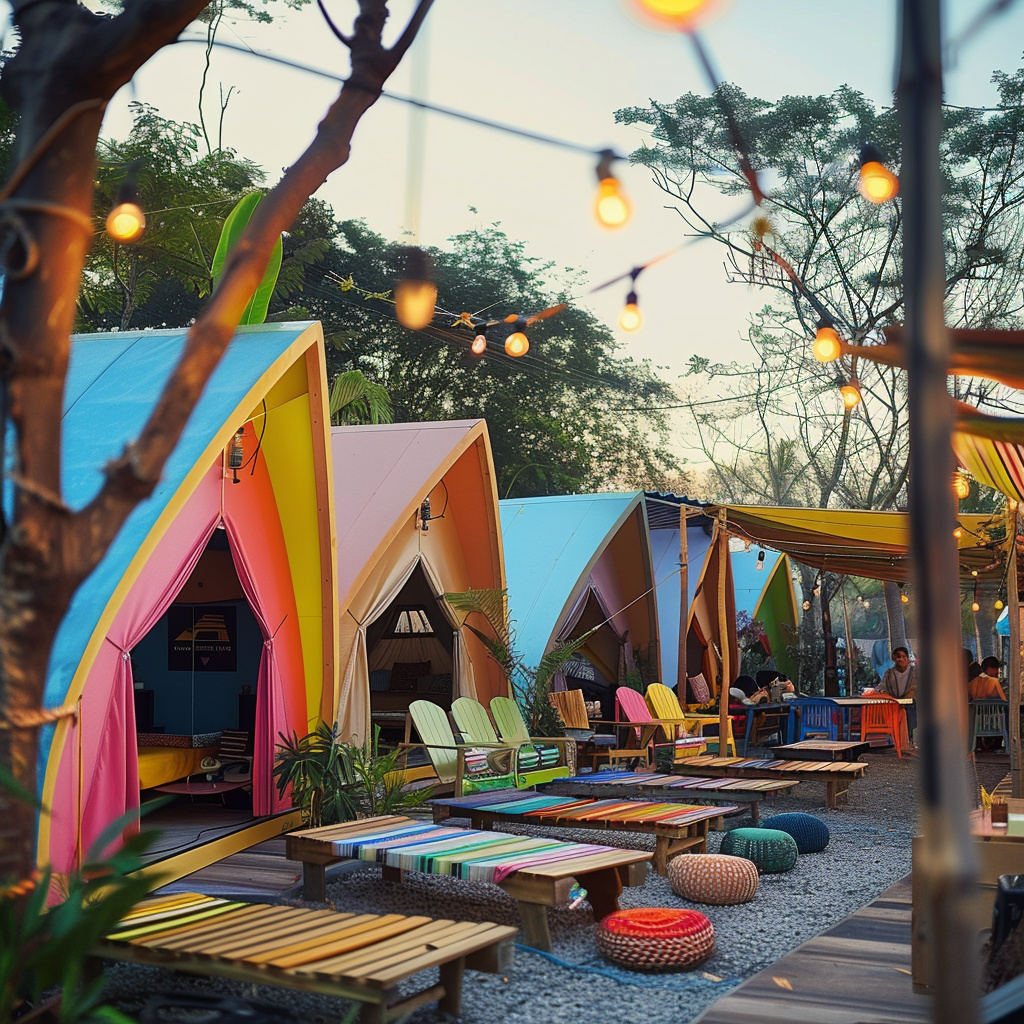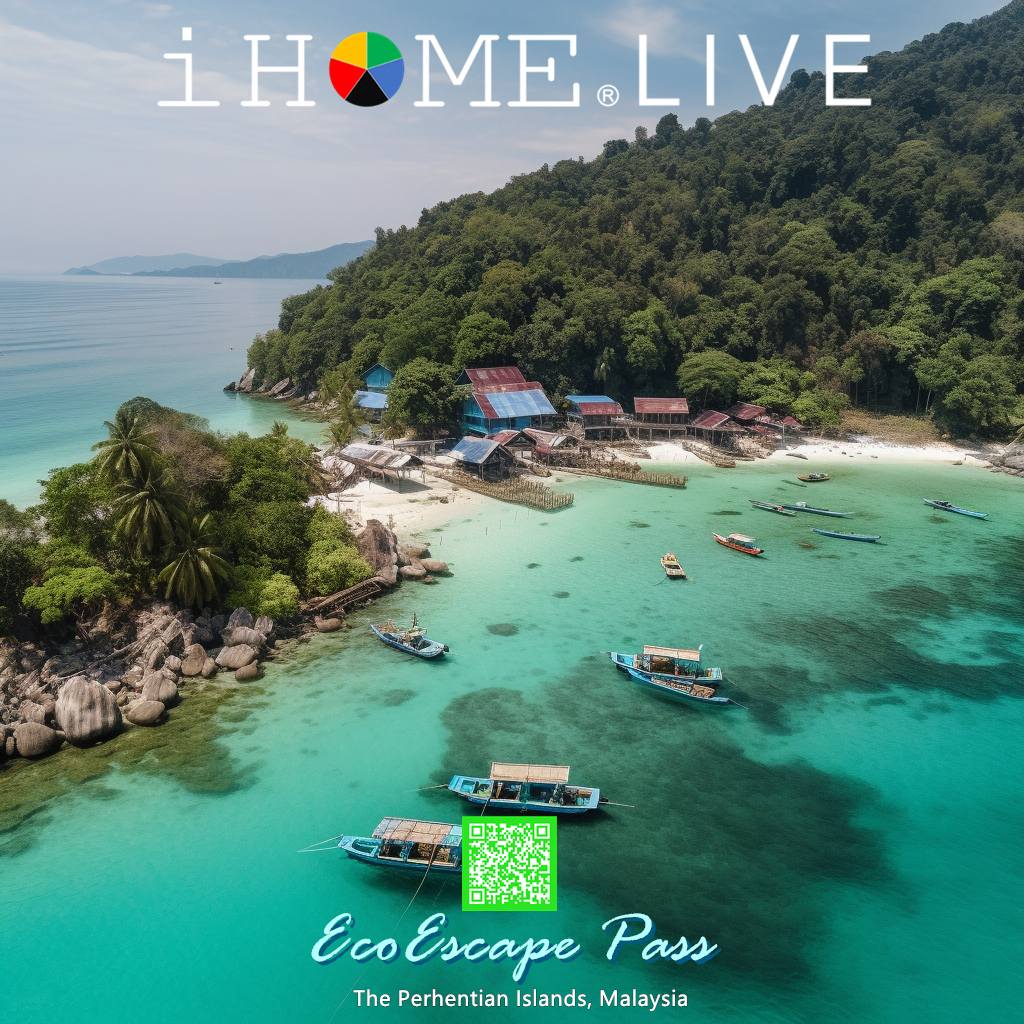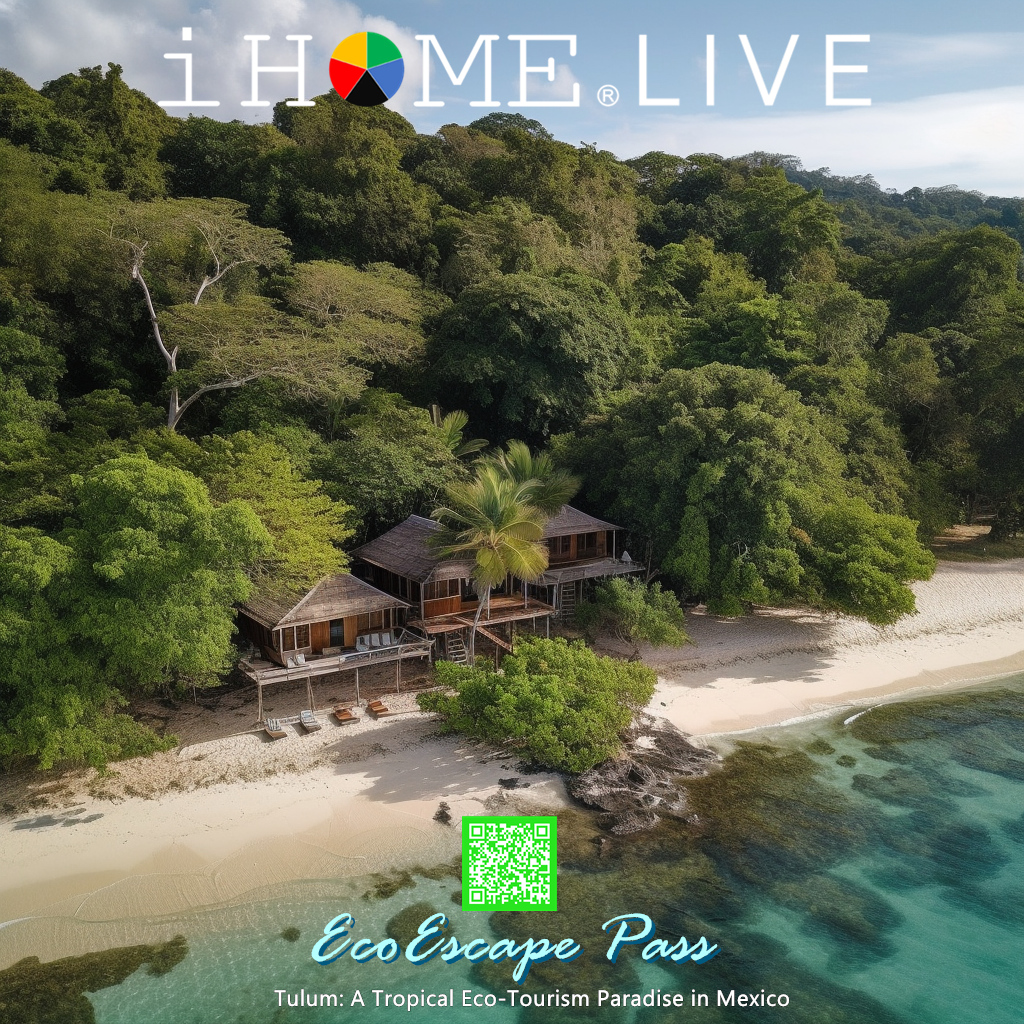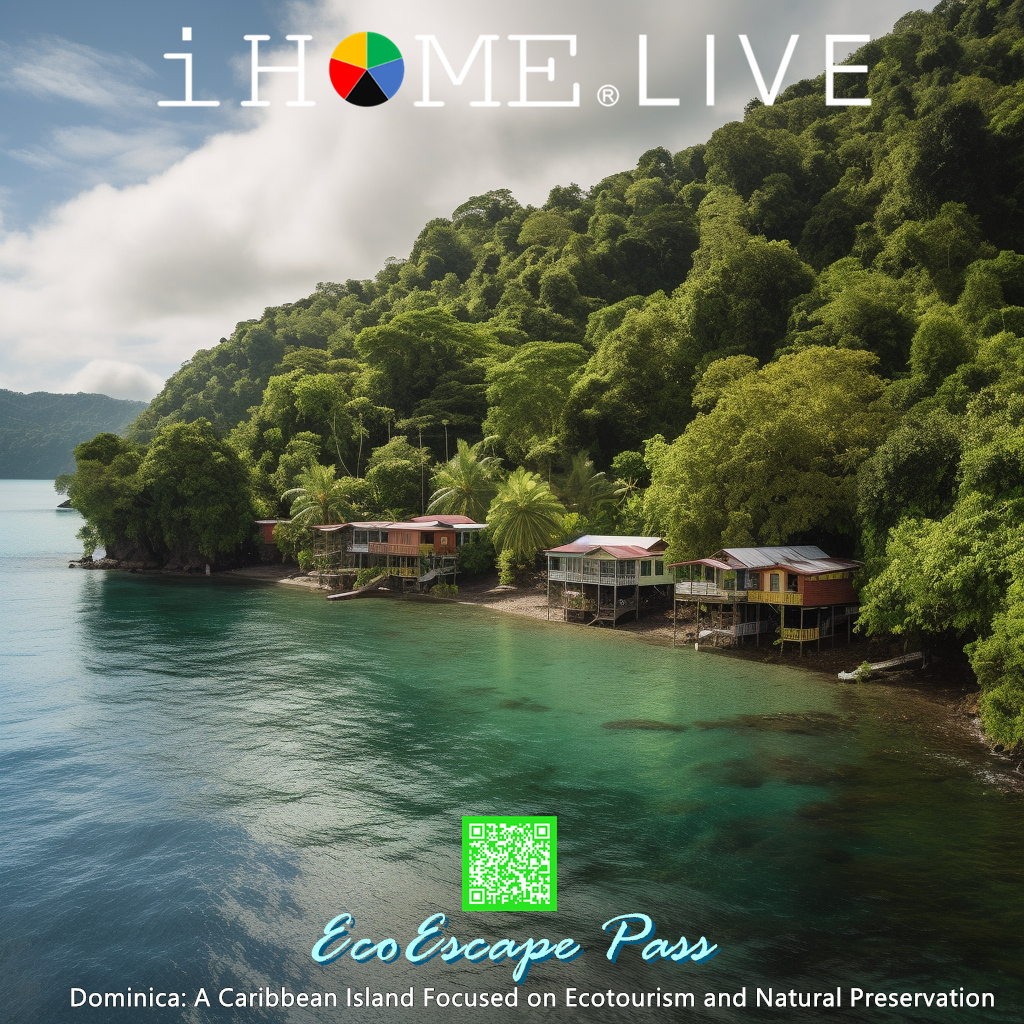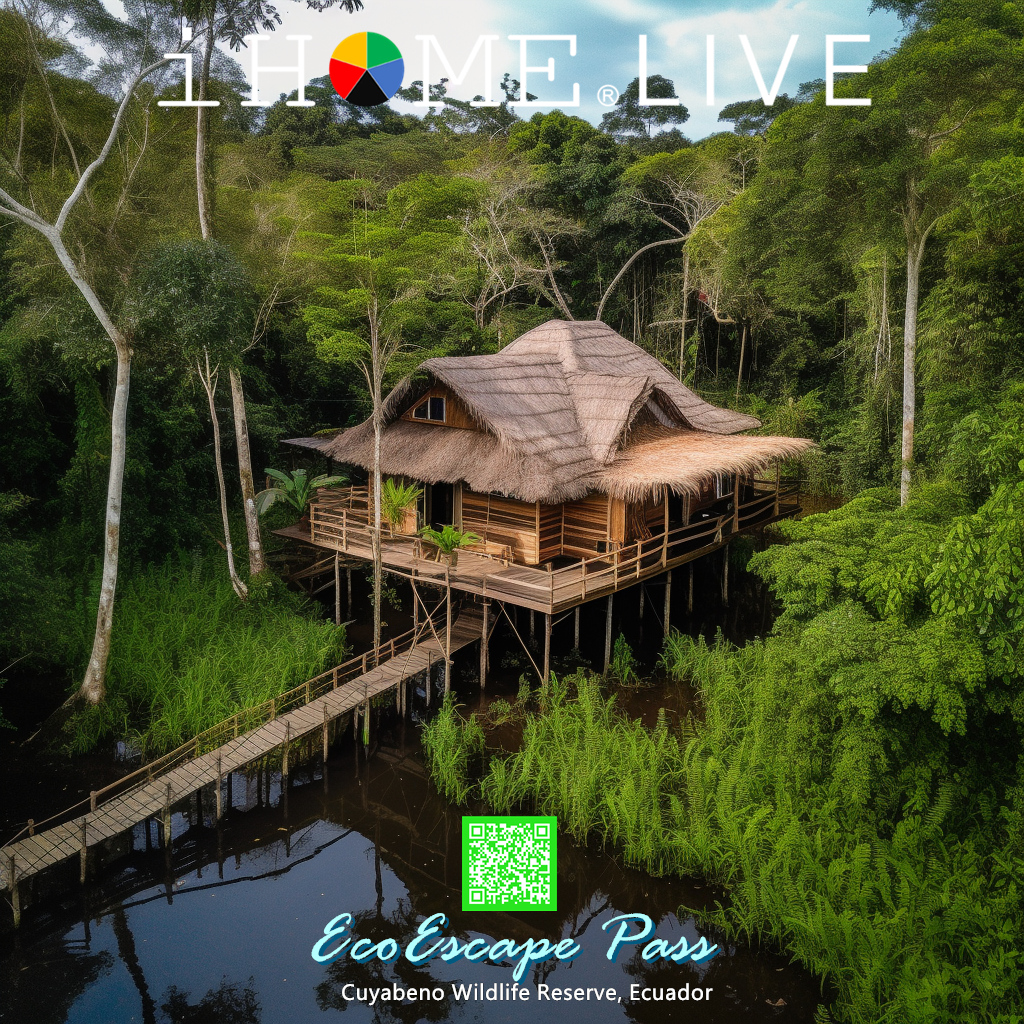Overview
Description:
The Great Bear Rainforest, located on the central and northern coast of British Columbia, Canada, is one of the largest temperate rainforests in the world. Known for its lush landscapes, ancient trees, and diverse wildlife, this remote and pristine area is a haven for eco-tourists. The Great Bear Rainforest is home to the rare white Kermode bear (spirit bear), as well as grizzly bears, wolves, and an abundance of marine life. The region’s strong focus on conservation and sustainable tourism makes it an ideal destination for nature lovers and responsible travelers.
Eco Attractions:
- Spirit Bear Conservancy: A protected area specifically for the conservation of the rare white Kermode bear.
- Khutzeymateen Grizzly Bear Sanctuary: A sanctuary dedicated to protecting grizzly bears and their habitat.
- Fiordland Conservancy: Known for its stunning fjords, waterfalls, and diverse marine life.
- Great Bear Rainforest Trail: Offers hiking opportunities through ancient forests and along rugged coastlines.
Visa and Residency Options
Visa Requirements
Types of Visas:
- Tourist Visa: For short-term visits up to six months.
- eTA (Electronic Travel Authorization): Required for visa-exempt foreign nationals traveling by air.
Application Process:
- Apply online through the Immigration, Refugees, and Citizenship Canada (IRCC) website.
- Required documents include a valid passport and proof of financial support.
Documentation and Eligibility:
- Valid passport.
- Proof of sufficient funds for the duration of your stay.
- No criminal record or history of violating immigration laws.
Long-term Stay Permits
Extending Your Stay:
- Apply for an extension of your tourist visa through the IRCC website.
- Consider longer-term options such as work permits or student visas.
Application Details:
- Submit an application online or at a local visa office.
- Required documents include proof of financial stability and purpose of stay.
Long-term Options:
- Work permits for those employed in eco-tourism or conservation.
- Student visas for those enrolled in environmental studies or related programs.
Residency Options
Paths to Residency:
- Express Entry for skilled workers, including those in eco-tourism and environmental fields.
- Provincial Nominee Program (PNP) for individuals with skills and experience relevant to British Columbia.
Residency Requirements:
- Must meet health and character requirements.
- Proof of employment or investment in eco-friendly projects.
Transitioning to Permanent Residency:
- Continuous engagement in eco-tourism and conservation activities can support applications for permanent residency.
Living Conditions
Cost of Living:
- Accommodation: $1,000 – $2,500 CAD per month, depending on location and type of housing.
- Food: $75 – $150 CAD per week, with a focus on local and organic produce.
- Transportation: $50 – $100 CAD per week, with options for public transit and eco-friendly transport.
Infrastructure:
- Sustainable housing options and eco-friendly healthcare facilities are available.
- Reliable internet and co-working spaces for digital nomads, though connectivity can be limited in remote areas.
Additional Details:
- Opening a bank account requires identification and proof of address.
- Local tax obligations should be explored through the Canada Revenue Agency (CRA).
Community and Networking
Community Overview:
- A vibrant eco-conscious community focused on conservation and sustainable living.
Networking Opportunities:
- Regular community events and workshops centered on sustainability and wildlife conservation.
- Eco-tourism forums and local meetups.
Social Platforms:
- Facebook groups and local forums for eco-conscious travelers.
- Instagram pages dedicated to the Great Bear Rainforest’s eco-lifestyle.
Eco-Friendly Activities and Attractions
Nature Reserves and Parks:
- Spirit Bear Conservancy: Offers guided tours to see the rare white Kermode bear.
- Khutzeymateen Grizzly Bear Sanctuary: Known for its guided bear-watching tours.
Guided Tours:
- Eco-friendly transport options for guided tours across the rainforest, including boat tours and hiking expeditions.
Wildlife Watching:
- Opportunities to see spirit bears, grizzly bears, wolves, and numerous marine species in their natural habitats.
Outdoor Activities:
- Hiking, bird watching, kayaking, and exploring waterfalls, all with a focus on minimal environmental impact.
Eco-Lodging:
- Recommended eco-lodges include Spirit Bear Lodge and Nimmo Bay Wilderness Resort.
Organic and Farm-to-Table Dining:
- Local dining options such as Shearwater Marine Resort and Nimmo Bay Lodge focus on organic and sustainable practices.
Environmental Initiatives
Conservation Programs:
- Numerous local initiatives focused on forest conservation, wildlife protection, and habitat preservation.
Volunteer Opportunities:
- Opportunities to engage in environmental clean-up projects, wildlife monitoring, and community education programs.
Sustainable Living Workshops:
- Workshops on permaculture, eco-friendly practices, and sustainable living.
Community Gardens and Urban Farming:
- Participation in local community gardens and urban farming projects.
Cultural Insights
Local Customs:
- Emphasis on respect for nature and wildlife, intertwined with indigenous cultural practices.
- Strong community values and conservation-minded practices.
Language Tips:
- English is the primary language spoken, with significant influence from indigenous languages.
Safety and Laws:
- Adhere to local guidelines for wildlife interaction and environmental protection.
- Respect cultural norms, particularly around indigenous communities and practices.
Do’s and Don’ts:
- Do participate in eco-friendly activities.
- Don’t disturb wildlife or damage natural habitats.
- Follow the guidance of local guides and respect community norms.
Summary
Pros:
- Rich biodiversity and stunning natural landscapes.
- Strong conservation efforts and eco-tourism focus.
- Vibrant community with deep cultural and ecological values.
Cons:
- Remote areas with limited access to some modern amenities.
- Higher cost due to sustainable travel policies and eco-friendly accommodations.
Key Reasons:
- Unique wildlife encounters and pristine wilderness.
- Commitment to sustainability and conservation.
- Opportunities for eco-friendly activities and responsible travel.
Useful Contacts and Resources
Embassies and Consulates:
- Contact details for embassies and consulates can be found on the Government of Canada’s official website.
Local Government and Services:
- The British Columbia Ministry of Environment and Climate Change Strategy’s website provides information on local services and support.
Essential Services:
- Websites like the David Suzuki Foundation offer resources for eco-friendly daily living.
Emergency phone numbers:
- Local emergency number: 911.
- Direct line to the nearest police station and medical facilities can be found on local government websites.
![Romania - Tiny house - [ Minimalist Retreats ] - Design Collectibles & Angel Membership (V1)](https://ihome.org/wp-content/uploads/2024/06/Slide19-300x300.jpg)



![Australia - Tiny house - [ Minimalist Retreats ] - Design Collectibles & Angel Membership (V1) (Copy)](https://ihome.org/wp-content/uploads/2024/06/Slide21-300x300.jpg)
